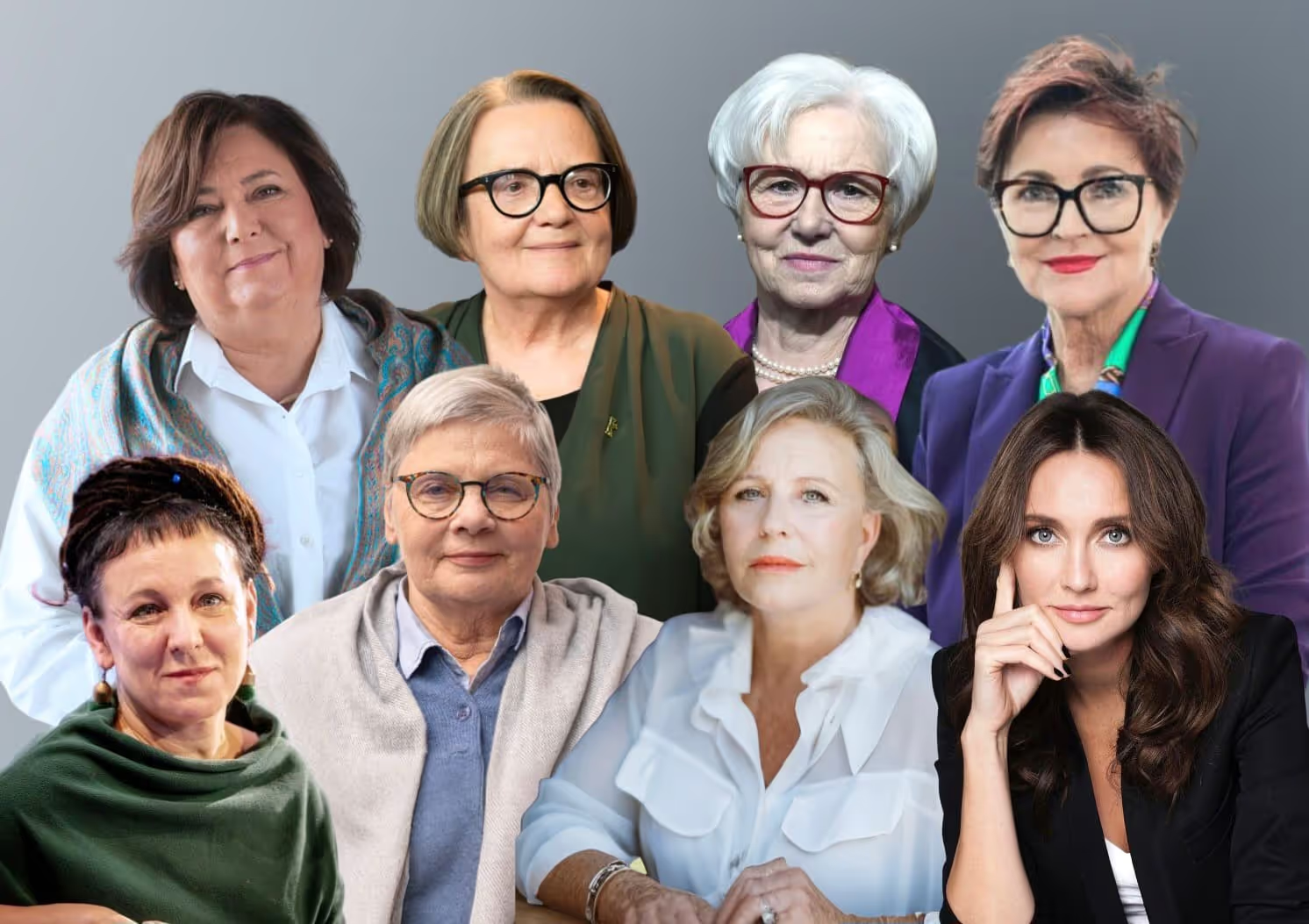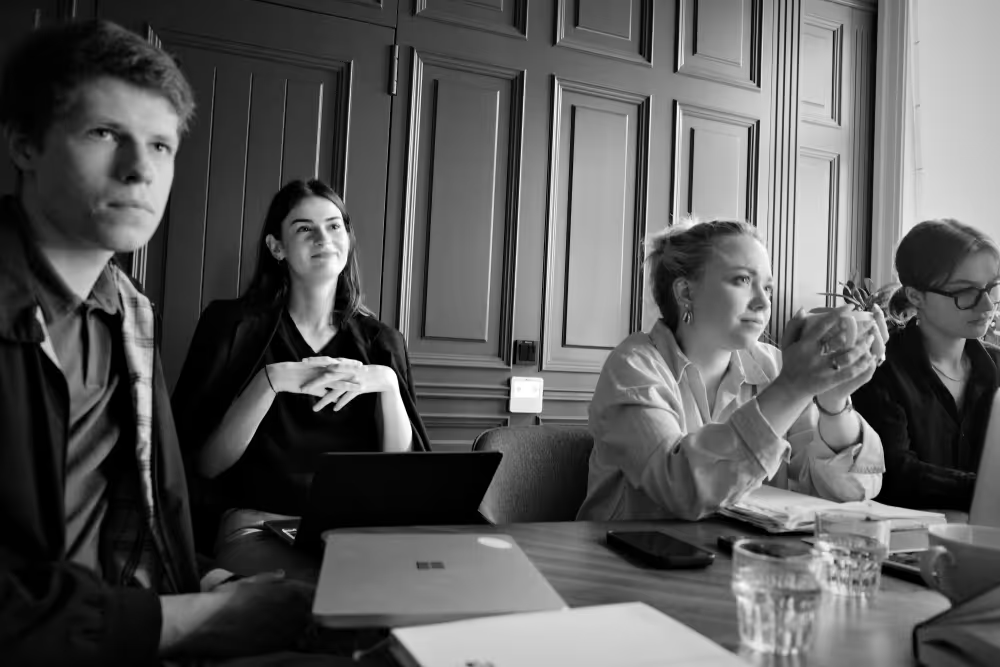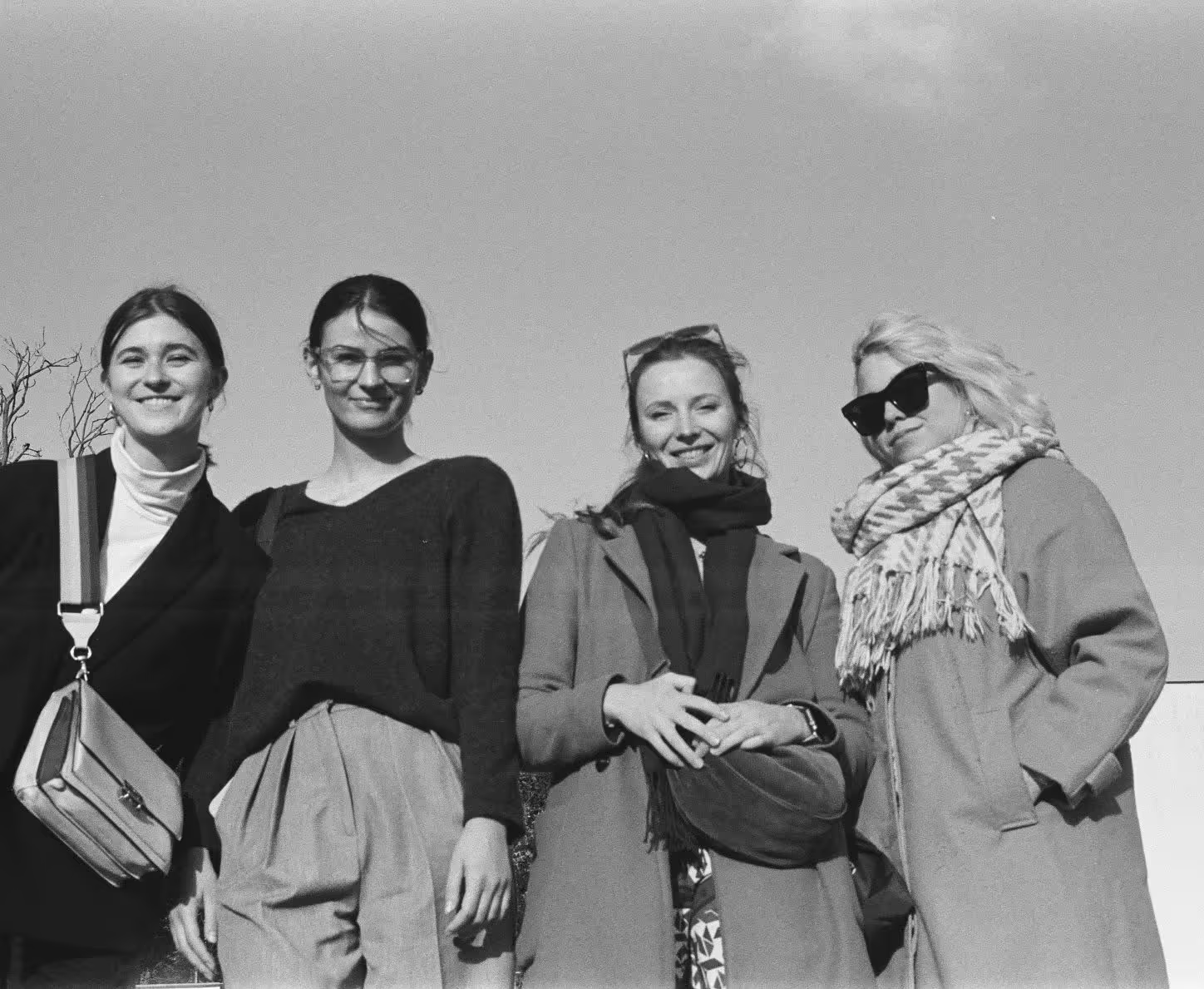Support Sestry
Even a small contribution to real journalism helps strengthen democracy. Join us, and together we will tell the world the inspiring stories of people fighting for freedom!
For eight years, I recorded stories from people, whose life had been destroyed by the Russo-Ukrainian war, as I worked as a journalist for the National Public Broadcasting Company in Mykolaiv. Since 2014, when the occupation of Crimea occurred and fighting began in eastern Ukraine, the heroes and heroines of my TV and radio programs, stories, reports, articles and sketches have been the Ukrainian troops, volunteers, internally displaced persons and refugees.
The new chapter of the great war has brought even more death and total ruin into my life. At 39 I became a widow of a fallen soldier, a refugee. I ended up alone in a foreign country with two children (a 6-month-old daughter and an 11 y.o. son), without any relatives, friends, or people I knew. Now I am forced to write my own story as a refugee to document Russian war crimes and record the memories of what I have experienced.
Battles for the South
The first Russian missiles of February 24 2022, fell one and a half kilometres away from my home - on a large military airfield «Kulbakine». Thanks to the intel intercepted by the Main Intelligence Agency of the Ministry of Defence, the 299th brigade had managed to get all the aircraft into the air before the air raid began. After the combined missile and bomb strikes, the airfield was attacked multiple times by convoys of occupational troops. On the evening of February 25, they entered our village, which is 4km away from Mykolaiv, from the direction of Kherson. We could not believe that this was our new reality. But after the rain, the enemy tanks got stuck in the field between my house and the airfield. Six vehicles still managed to infiltrate the military facility. They were met with fire by the service members of the tactical aviation brigade named after Lieutenant General Vasyl Nikiforov, under the command of Colonel Serhiy Samoylov. The National Guard fighters were helping. Facing resistance, the Russians fled. Some of them could not find the way back and hid in the forest strips where we used to gather mushrooms.
On March 4th, they came back. Approximately at noon, a Russian drone flew over the airfield, and Russian airborne combat vehicles drove through the streets of our village once again. About 400 Russians had entered the premises of the airfield. The fighting began. Our infantrymen decided to let them come close, as their resources were limited to small arms. The Russians were 200 metres away from the operations centre. And then, the airfield’s defenders began shelling them with artillery. The Russians retreated.
A year after this battle, the commander of the tactical aviation brigade named after Lieutenant General Vasyl Nikiforov, Serhiy Samoylov, said in an interview that it was a fateful victory. By defending the airfield, our warriors saved Mykolaiv.
Evacuation. I hugged the trees farewell
Evacuation was recommended to all residents of our Shevchenko community, as these grounds had become one of the epicentres of battles for Mykolaiv. People who had to remain there for various reasons lived under constant crossfire. Without water, electricity, gas, or medicine. They would extinguish the fires caused by bombings themselves, feed and tend to local cats and dogs.
Oh, how hard it was to abandon everything that I love… But I did not have a choice. I hugged our trees: cherries, apple and pear trees, plums and apricots, which my husband and I planted in the Spring of 2014 when the war started and he was drafted for the first time. I talked to our house that we built ourselves in 2013: «We love you very much, but we must run away. Sorry. Stand steadily, and until we meet again!». Me and my children left for a village 100km north of Mykolaiv, close to the town of Voznesensk. We drove for 9 hours. The roads were congested with traffic. People were fleeing the Kherson region.

We were hoping that it would be safer there. But in a few days, Russian military convoys had reached Voznesensk. They began shelling the town with heavy artillery. Bloodshedding battles commenced. A military unit that was just a few kilometres away from where we were then was being hit by missiles. I read the news: the goal of the enemy forces is to capture the Southern Ukrainian nuclear power plant that is just 30km away from Voznesensk. When the Russians captured the largest nuclear power plant in Europe, the Zaporizhia NPP, in early March, I was really scared that the same clashes would commence for our Southern Ukrainian NPP. So I began to look for an opportunity to get closer to the western border with my children. But the bridge to Mykolaiv had already been blown up. It was also not possible to reach Odesa by train since the railway bridge was destroyed as well. I accidentally came across a group of strangers on Facebook who agreed to take us to the evacuation train to Odesa. Going by car was dangerous: the roads were getting bombed and some territories were filled with mines. But we left at noon anyway. We rode into the unknown.
The «Odesa - Lviv» train
Odesa greeted us with a cold sea breeze and rain. We spent 17 hours waiting in line for the evacuation train headed to Lviv. The railway station was overcrowded. I found a small piece of empty space by the wall and we were finally able to sit down on the floor. Men, seeing their wives and children off at the train, sat next to us. Time after time they looked at us and asked us anxiously: «Make your children calm down or move away. You are irritating my kids. How can you even be so careless as to travel with such a small child?».
It came to me that it was unlikely for everyone to fit on the train. No one knew if there would be another train the next day and we did not have any place to stay. It was also impossible to come back. I called the police and explained our situation. A representative of the railway security called me back and said that he could help, as my husband, the father of my children, was among the defenders of the southern front among the Ukrainian Armed forces. He brought us to a group of people who, unlike us, were waiting for the train inside, in a dedicated room at the railway station. When the train arrived, we were told that we could enter one of the first four train cars. But nervous and exhausted people on the platform would not let us through. And once again the railway security representative helped us board the train. Me and my children managed to get in last. The train conductor informed us that we could enter any compartment that had less than six people in it. But everyone who had already got in refused to let us enter and would even push us out: nobody wanted to travel alongside a little baby. We had to leave our baggage behind. We only took a backpack with food and medicine. The saddest thing for me to leave behind was my son’s dobok (taekwondo uniform). But he reassured me: «Don’t worry. We’ve lost so much that my dobok is but a drop in the ocean». Then the train conductor proclaimed that the train would not take off until we were provided with a seat. Close to 2 AM we finally took off to Lviv. There was a Russian-speaking lady with three almost-adult children in our compartment who was travelling by the Red Cross programme to Germany. Her husband was working there and they’d already had free living quarters in Germany. She explained why she initially did not want to let us into the compartment: «The Red Cross promised us a comfortable trip. And we’ve earned it because we are from Mykolaiv. We went through stress».
.avif)
Lviv volunteers: all for the sake of victory
We reached Lviv in 12 hours. The railway station was as overcrowded as it was in Odesa. I did not know what to do next. I wanted to buy bus tickets to the Polish border. But there were none. I had to contact Ksenia Klym - a journalist, volunteer and the mother of Marko Klym, a Ukrainian soldier. In early March, Marko defended the Mykolaiv region from the Russian occupants, including the Voznesensk town, from which we travelled to Lviv. Ksenia came to the railway station right away and invited us to spend the night at her place, as my children were exhausted by such a long trip.
The following day Christina Brukhal, a volunteer from Lviv, helped us board an evacuation bus to Warsaw. At first, we came to a place where lady Christina and her colleagues had organised a shelter for people wanting to flee to Poland. Christina provided us with warm clothes so we would not get cold at night at the border. Additionally, she gave us diapers, child food and a new backpack. In the evening, when the bus arrived, almost all the volunteers went outside to bid us farewell. It was very touching: in such a short time, strangers in Lviv had bestowed so much love upon us that it was almost as if we had lived together our whole lives. They were with us until the last moment of our being in our Motherland. Everyone cried.
The same evening, Ksenia alongside other Lviv residents went to deliver humanitarian help for the warriors in the Mykolaiv region, where hellish battles were taking place.
Loss
My husband, Ruslan Khoda, went to the recruitment office on the first day. In 5 months, on August 4th 2022, he died in battle during a Russian artillery shelling near Lozove village in the Kherson region.
Ruslan was the Commander of the reconnaissance platoon within the 36th Separate Marine Brigade named after Counter Admiral Mykhailo Bilynskyi (military unit A2802, city of Mykolaiv).
Scouts are always the first ones to go. On July 25th Ruslan turned 37, and in 10 days his two children, Mykhailo (11 years old) and Myroslava (11 months old), became half-orphans.
Ruslan’s body, like many of his comrades who also died there, still has not been returned to his relatives. Russian troops had been constantly bombing the territory now called the Lozova Grave, so there was no burial. If the body is missing, the fallen soldier’s family cannot receive financial support from the government. Only on Christmas of 2023 did our children presents from the Red Cross: Myroslava - a Frozen doll, and Mykhailo - a chocolate bar and a bottle of water.

In the Autumn of 2022, an unknown woman called me on Viber and said: «My grandson was also there, where the Lozova Grave is now. Every day, my grandson watched through binoculars over Ruslan's body. At the first opportunity, he took him away. He asked me to tell you that Ruslan's body is in the ground. It's untouched by dogs, unpicked by birds. The bodies of all the soldiers who remained there rest in Ukrainian soil, and their souls continue to defend the South.»
In 2014, when the Russo-Ukrainian war started, Ruslan was drafted for the first time. Our son was three years old. Ruslan could flee to Poland like many people he knew did. After all, his mother, two sisters and nephews still live in the suburbs of Moscow. He took this step because for him it was a battle for the opportunity for people to choose their own future, for a chance to live in a fair world. And for him, the war was not over in 2015 when he came home: he was ready to pay the highest price for the victory of Ukraine.
Mykolaiv: a city on an explosive wave
Mykolaiv is called that since the beginning of the full-scale invasion. Russian forces repeatedly stormed the city, regularly shelled it with cruise missiles, cluster munitions, attacked with rocket artillery and targeted it with S-300 surface-to-air missiles. The occupants performed their largest shelling of Mykolaiv on the night of July 31st 2022. It was their most massive attack of the entire war.
The following day, Ruslan called me for the last time. He wanted to say goodbye because he knew that he would not make it alive from that fight: «You will make it. Your task is to raise our children as patriots, as decent people. Everything will be Ukraine!»
Again and again, I thought about what the war had taken from us: Russian missiles destroyed the student dormitory, where 18 years prior he and I met for the first time (during the beginning of the Orange Revolution of 2004); the Pedagogical university where he and I studied for 5 years; one of the facilities where Ruslan used to work; schools and hospitals, a church where we christened our children; a theatre that we would go on holidays… In terms of the scale of destruction and the number of bombings, the Mykolaiv region ranks third after the Donetsk and Luhansk regions.

Since April 2022, the city has been living without a centralised water supply. The Russians destroyed the water source which Mykolaiv was getting water from. As of July 2023, the overall damages inflicted upon Mykolaiv’s infrastructure due to Russia’s full-scale invasion of Ukraine have been estimated to be over 860 million euros. 159 civilians including 2 children in Mykolaiv and 16 children in the region have lost their lives to the full-scale war waged by Russia.
Life in Poland
In April 2022, I came to Olsztyn with my children - the capital of the Warmińsko-Mazurskie voivodeship. Here my son Mykhailo had the opportunity to continue practicing taekwondo. It is more than just sports for our family. Grigoriy Khozyainov, my son’s and husband’s coach, the head of the Mykolaiv Regional Taekwondo Federation, senior coach for the Ukrainian national cadet team, participated in battles for Mariupol, in the Mykolaiv region and the Kherson region as part of the 36th Separate Marine Brigade named after Counter Admiral Mykhailo Bilynskyi. He was declared MIA (missing in action) on November 7th 2022 during battles on the outskirts of Bakhmut. He was 50 years old.
During his lifetime, our coach managed to bring up a World Champion among cadets, Champions of Europe and winners of many international and Ukrainian tournaments. My husband was among the first students of Grigoriy Khozyainov. Ruslan grew up in a large family. His parents often could not afford the training fee. When his coach found out about it, he said that talented kids could study for free under his mentorship. And because of that, later on, Ruslan volunteered as a children’s coach in the Shevchenko community on the outskirts of Mykolaiv. Maybe he found himself in those kids, as it was too expensive and difficult for them to go to the city for training. The last taekwondo training session that my husband conducted ended at 6 PM on Wednesday, February 23 2022, in the village of Shevchenkove, Mykolaiv region, which was among the villages that suffered the most from Russian shellings. Possibly, the building in which Ruslan used to teach taekwondo does not exist anymore.
My husband wanted to serve in the 36th brigade in particular because our coach had been serving there since Autumn of 2022. Grigory Borysovych felt the imminence of the war. He was offered work as a coach in European countries multiple times but he chose a different path: he left to defend the Donetsk frontline.
When Ruslan died, his coach was distressed by the tragedy. Ruslan was like a son to him. To comfort Grigory Borysovych at least somehow, my son promised him that he would take his father’s place and conduct trainings for the children of the Shevchenko community when we came back to Mykolaiv. The coach could not hold back his tears.
In Olsztyn, my son once again has the opportunity to be with his taekwondo family. He has been training free of pay here for over a year now. Coach Marcin Chożelevsky has given him a new dobok. On May 20th 2023, the Kujawsko-Pomorska league tournaments took place in Bydgoszcz. Mykhailo won a golden medal.
Journalist, editor of the Mykolaiv branch of the National Public Broadcasting Company of Ukraine. Author of TV and radio programs, reports, and articles on military, environmental, cultural, social and European topics. Published in the newspaper of the Ukrainian diaspora in Poland «Our Word», on the nationwide website «Eurointegration Portal» of the Office of the Deputy Prime Minister for European and Euro-Atlantic Integration and the Ukrainian Crisis Media Center. Participates in international training programs for journalists: Deutsche Welle Akademie, Media Neighbourhood (BBC Media Action), Thomson Foundation, and others. Co-organiser of various events and training sessions: educational and cultural projects for refugees in Poland, implemented by Caritas, Federation of NGOs FOSa; «Culture Helps», implemented by Osvita (UA) and Zusa (DE). Co-author of the book «A Heart Devoted to the People» about the history of southern Ukraine. Published articles on military topics in the books «War in Ukraine. Kyiv - Warsaw: Together to Victory» (Poland, 2022) and «Environmental Readings: Preserving for Future Generations» (Ukraine, 2022).

























